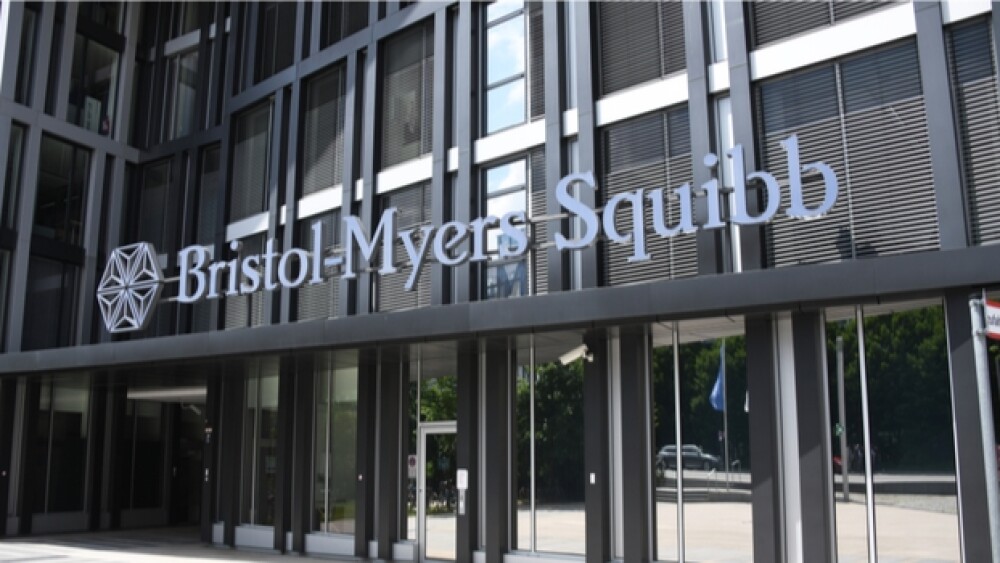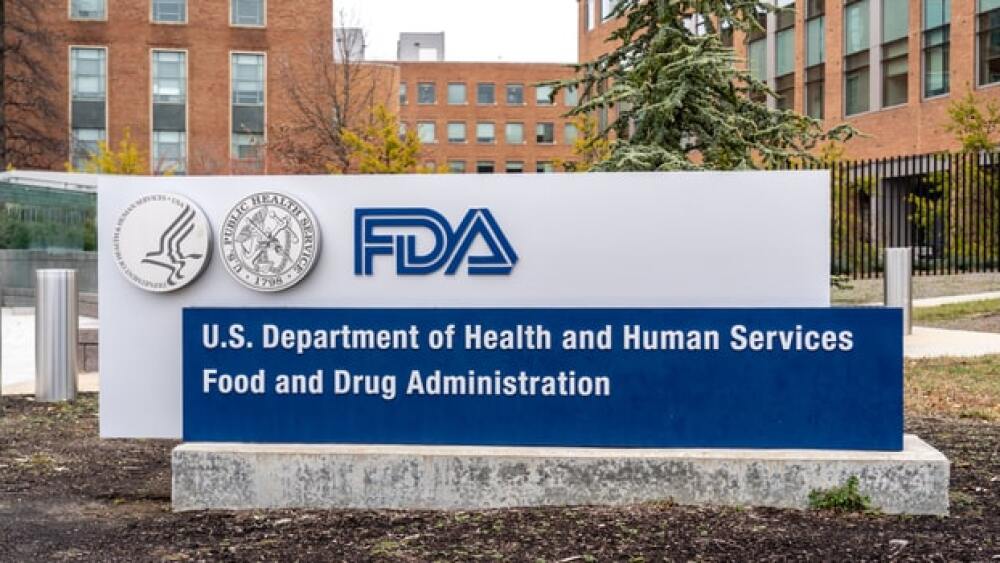Bristol-Myers Squibb is looking to start 2020 on the right foot by filing a New Drug Application for its acute myeloid leukemia treatment CC-486 after data shows the medication extends survival time for AML patients.
nitpicker / Shutterstock
Bristol-Myers Squibb is looking to start 2020 on the right foot by filing a New Drug Application for its acute myeloid leukemia treatment CC-486 after data shows the medication extends survival time for AML patients.
At the American Society of Hematology meeting in Orlando, BMS announced that treatment with CC-486 as a maintenance therapy provided patients with a statistically significant and clinically meaningful improvement in overall survival (OS) and relapse-free survival (RFS), as compared to those patients treated with placebo.
CC-486 is an oral hypomethylating agent that integrates into DNA and RNA, which allows for sustained epigenetic regulation from prolonged exposure. The main mechanism of action is thought to be hypomethylation of DNA, as well as direct cytotoxicity to abnormal hematopoietic cells in the bone marrow. Hypomethylation may restore normal function to genes that are critical for differentiation and proliferation, BMS said.
The announcement came as a late-breaking oral presentation of data from the Phase III QUAZAR AML-001 study. Results from the study showed that 81% of patients had achieved a complete remission (CR) and 19% of patients had achieved a complete remission with incomplete count recovery (CRi). According to the data, 80% of patients had received at least one cycle of consolidation therapy prior to enrollment in the study. At a median follow-up of 41.2 months, the primary endpoint of OS was significantly improved for patients receiving CC-486 compared to placebo. Median OS from time of randomization was 24.7 months in the CC-486 arm compared to 14.8 months for placebo, the company noted.
Also, for the key secondary endpoint of median RFS, the data showed 10.2 months for those receiving CC-486 compared to 4.8 months for those receiving placebo. Health-related quality of life was preserved from baseline for patients receiving CC-486 compared to placebo during treatment, the company added.
The data also showed that CC-486 had a manageable safety profile, BMS said,
“We are extremely encouraged by the results of the QUAZAR AML-001 study as a part of our continuing commitment to both epigenetic research and myeloid diseases,” BMS Chief Medical Officer Samit Hirawat said in a statement. “We now look forward to taking the next steps to bring CC-486 to eligible AML patients in need.”
Acute Myeloid Leukemia is a progressive cancer that forms in the bone marrow. According to the National Cancer Institute at the National Institutes of Health, approximately 19,520 people will be diagnosed with AML and approximately 10,670 patients with AML will die of the disease in 2018. Almost half of the adults diagnosed with AML are not treated with intensive chemotherapy because of comorbidities and chemotherapy-related toxicities.
Andrew Wei of Alfred Hospital and Monash University in Australia and a trial investigator, said despite the number of treatments for AML, the prognosis remains poor, as most patients will relapse and ultimately die of their disease.
“The role of maintenance therapy in AML has historically been a contentious issue. Based on the results of the QUAZAR study, we are excited about the clinical development of CC-486 and the potential to establish maintenance therapy as a new treatment paradigm for patients with AML in first remission,” Wei said in a statement.





